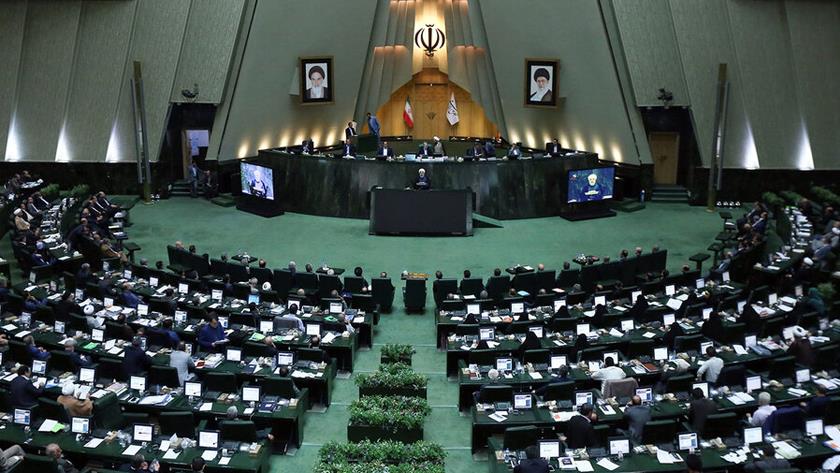Iran Prepares to Review New Ministerial Appointments Amidst Political Shifts
In a critical phase of governmental reshuffling, Iran’s parliament is set to review the qualifications of proposed ministers for several key positions. This review process, slated to commence in two shifts from August 27, will involve intense scrutiny by the parliament members and respective committees. The final parliamentary vote on these potential appointees is scheduled for Wednesday, making it a significant week for Iran’s political landscape.
Key Ministerial Candidates Up for Review
Here is a comprehensive list of the proposed ministers who are set to undergo evaluation:
- Ministry of Education: Alireza Kazemi
- Ministry of Communications: Sattar Hashemi
- Intelligence Minister: Esmaeil Khatib
- Ministry of Economy: Abdul Naser Hemmati
- Ministry of Foreign Affairs: Abbas Araghchi
- Ministry of Health: Mohammad Reza ZafarGhandi
- Ministry of Labor: Ahmad Maidari
- Ministry of Agriculture: Gholamreza Nouri
- Ministry of Justice: Amin Hossein Rahimi
- Ministry of Defense: Aziz Nasirzadeh
- Ministry of Roads: Farzaneh Sadegh
- Ministry of Industry: Mohammad Atabak
- Ministry of Science: Hossein Simaei
- Ministry of Culture: Abbas Salehi
- Ministry of Interior: Eskandar Momeni
- Ministry of Cultural Heritage and Tourism: Mohammad Reza Salehi Amiri
- Petroleum Ministry: Mohsen Paknejad
- Ministry of Energy: Abbas Aliabadi
- Ministry of Sports: Ahmadi Dunyamali
Political and Economic Context
This reshuffle comes at a time when Iran is navigating substantial economic strains and evolving international relations. The proposed appointees reflect a blend of experienced policymakers and technocrats. Notably, Abdul Naser Hemmati, the nominee for the Ministry of Economy, formerly served as the Governor of the Central Bank of Iran, suggesting a strategic focus on economic stabilization and reforms.
Similarly, Abbas Araghchi’s nomination for Minister of Foreign Affairs is noteworthy given his extensive experience in international diplomacy, especially amid ongoing discussions around the Iran nuclear deal.
Parliamentary Process and Implications
The examination of the proposed ministers’ qualifications will begin this week, with a comprehensive review by different parliamentary committees. These evaluations will lead to discussions in the open parliament session starting next week. The entire process underpins the Iranian legislative system’s checks and balances, aiming to ensure that only the most qualified candidates are appointed to these critical roles.
The voting process on Wednesday will be pivotal. Approval of these candidates may signal continuity and stability, while rejections or significant alterations could indicate political shifts or disagreements within the parliament.
What’s Next?
As the qualifications of these proposed ministers are reviewed, much attention will be focused on how these appointments might influence Iran’s domestic and international policy directions. Stakeholders, both within Iran and globally, are keenly observing these proceedings for insights into the country’s future trajectory.
For more information on the proposed ministers and the parliamentary process, you can visit their official websites or relevant governmental channels to stay updated on these significant political developments.
